1. All in the Family (’71-’79)
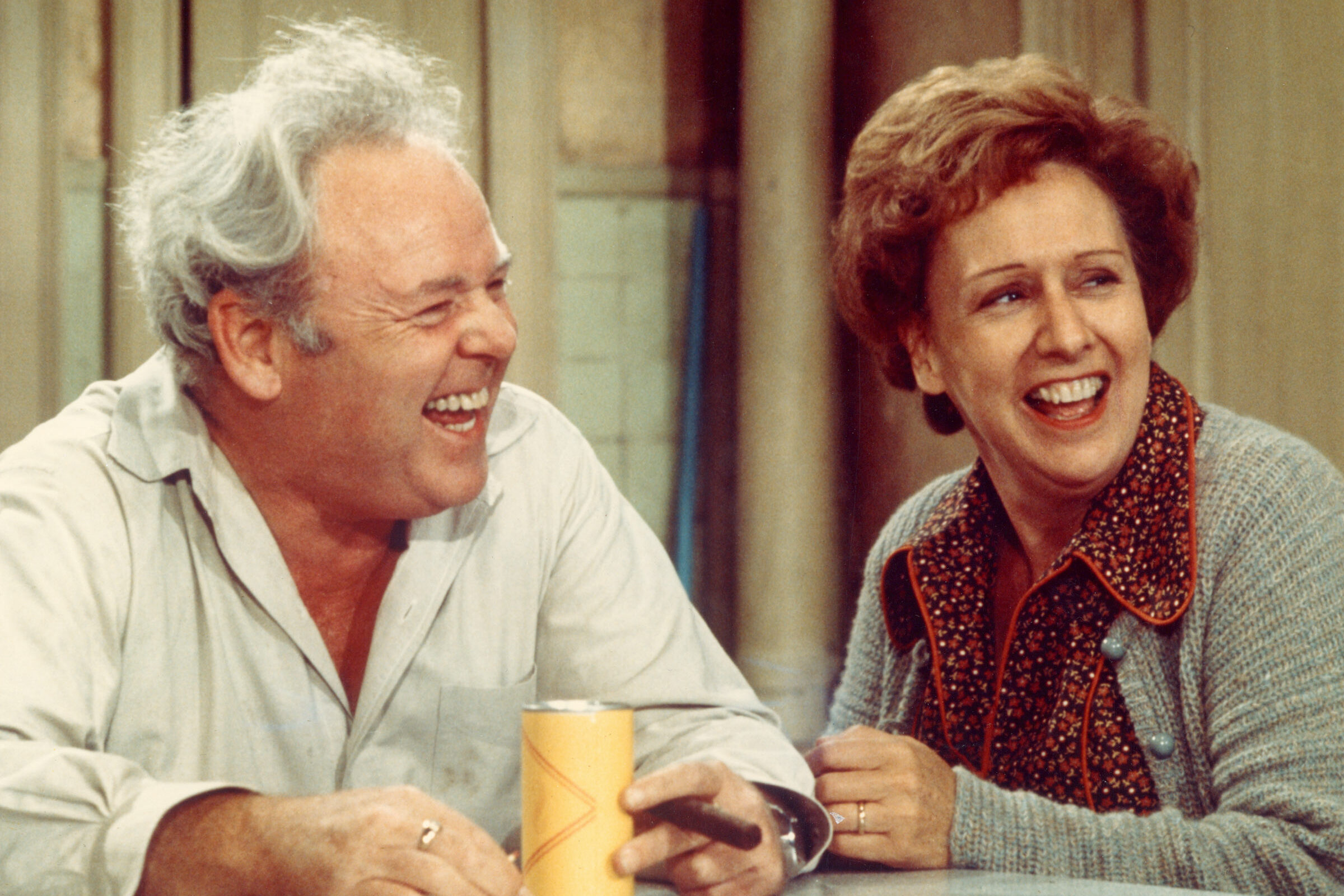
Few shows shook up TV quite like All in the Family. The Bunker household wasn’t your typical picture-perfect sitcom family, and that’s exactly what made them feel real. Archie’s blunt, often offensive takes on the world sparked tough conversations about race, gender, and politics. Meanwhile, his wife Edith’s warmth and his daughter Gloria’s pushback kept things balanced. It was messy, uncomfortable, and hilarious all at once, proving that family life wasn’t always sugarcoated says Collider.
For many viewers, seeing a working-class family argue over dinner felt more relatable than the polished sitcoms of the past. The show didn’t shy away from controversial topics, making it a pioneer in addressing real-world issues. By doing so, it paved the way for future sitcoms to tackle serious themes with humor. It also showed that family members could strongly disagree yet still love each other.
2. The Cosby Show (’84-’92)
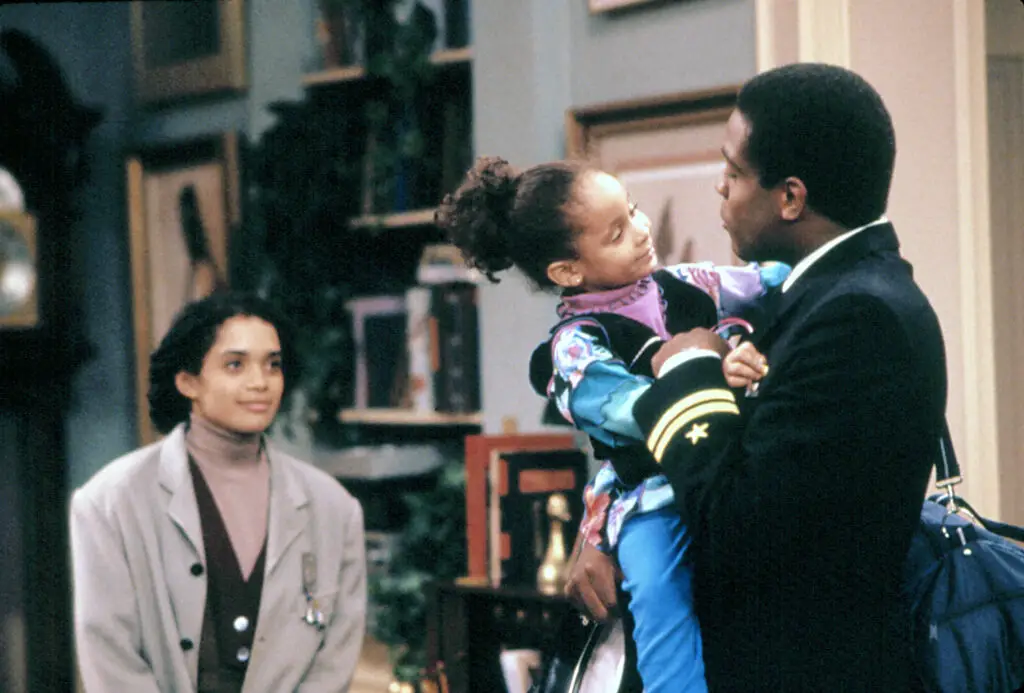
When The Cosby Show debuted, it changed the way Black families were portrayed on television. The Huxtables were successful, educated, and loving, challenging harmful stereotypes that had long dominated the screen. Cliff and Clair’s parenting style balanced humor with wisdom, setting an example for families of all backgrounds. The show didn’t rely on struggle or hardship as its central theme, instead celebrating Black excellence and everyday life says Newsday.
At the same time, the show remained incredibly relatable, tackling common family dynamics with heart and humor. Whether it was kids testing boundaries or parents trying to keep up, the Huxtables felt like a family anyone could recognize. It became one of the most influential sitcoms of all time, proving that a wholesome, positive depiction of a Black family could be a massive success. Even decades later, its impact is undeniable.
3. Roseanne (’88-’97)

Roseanne flipped the script on the traditional sitcom family by showcasing a working-class household that wasn’t polished or perfect. The Conners struggled to pay bills, juggled multiple jobs, and still found time to crack jokes at the dinner table. Their home wasn’t a pristine TV set, and their problems weren’t neatly solved in 30 minutes. Roseanne and Dan’s parenting felt real, filled with love but also plenty of sarcastic remarks shares Vulture.
What made the show stand out was its honesty about financial struggles and family tension. Unlike earlier sitcoms, Roseanne didn’t pretend everything was fine when it wasn’t. It addressed class struggles, body image, and even gender identity long before those topics became common on television. By embracing the messiness of real life, the show made millions of families feel seen in a way they hadn’t before adds Screen Rant.
4. The Fresh Prince of Bel-Air (’90-’96)
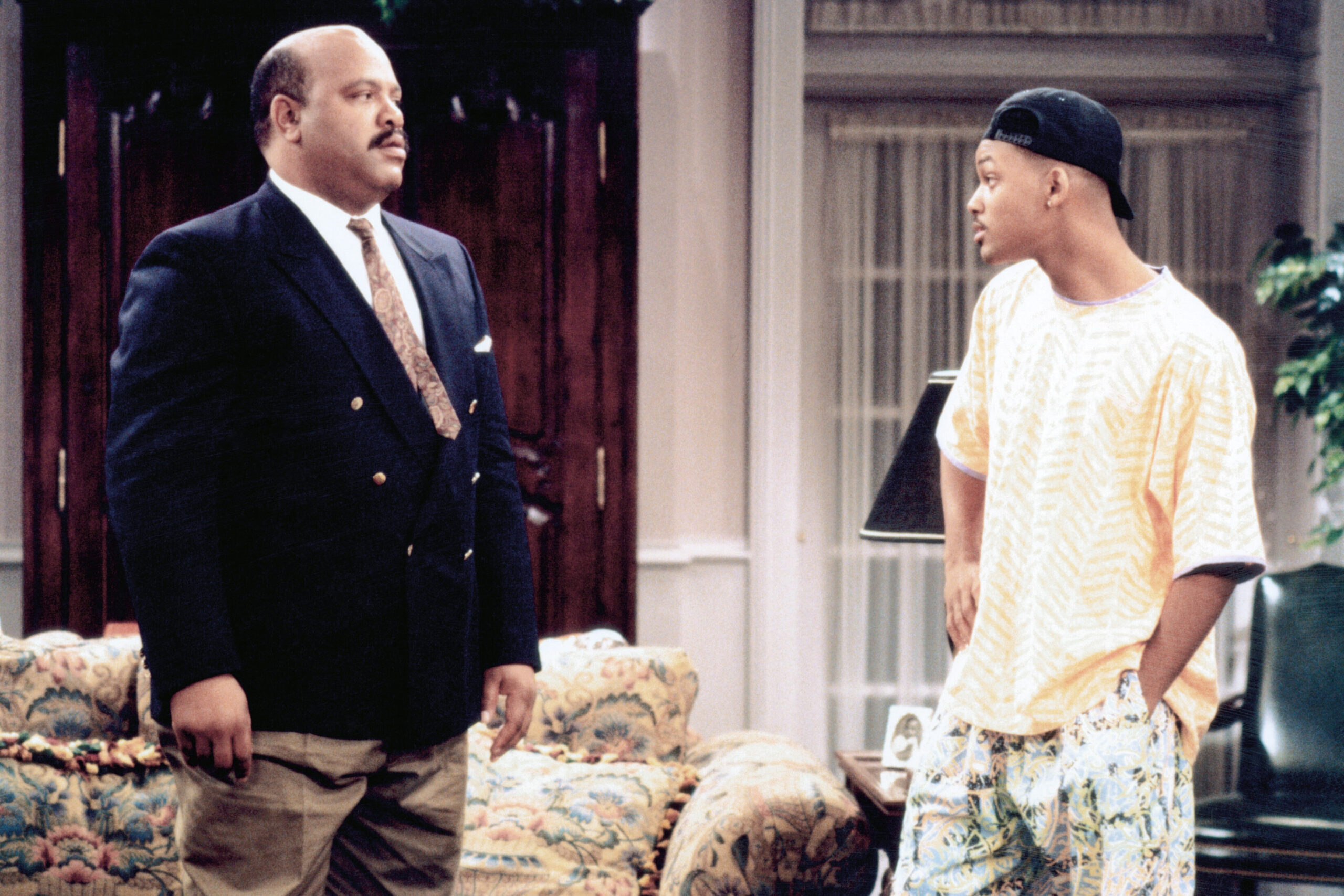
Before The Fresh Prince of Bel-Air, few sitcoms blended comedy and serious social issues as seamlessly. Will Smith’s character brought street smarts to his wealthy relatives’ home, clashing with their more refined ways. The show used humor to highlight class differences within the Black community, a topic rarely explored at the time. Uncle Phil and Aunt Viv were firm but loving parental figures, proving that discipline and care could go hand in hand.
Some of its most memorable moments weren’t just funny—they were deeply emotional. Who could forget Will’s heartbreaking breakdown over his absent father? The show also tackled racism, police profiling, and identity struggles in a way that felt natural, not forced. The Fresh Prince reminded viewers that families aren’t just about blood—they’re about love, growth, and the people who show up for you.
5. Malcolm in the Middle (2000-’06)
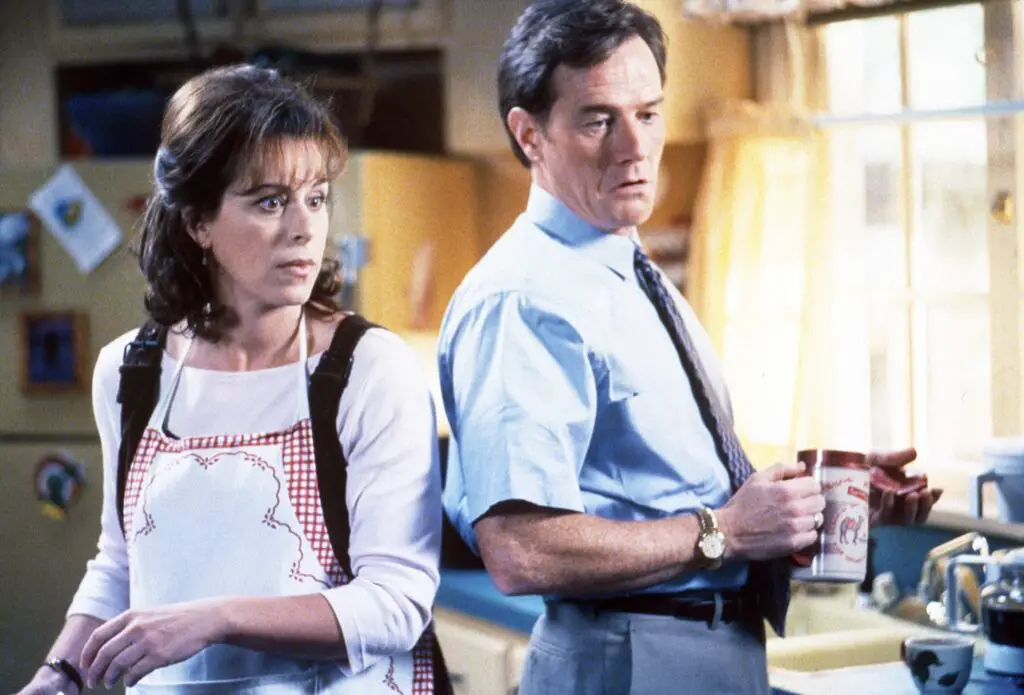
Gone were the days of picture-perfect TV families—Malcolm in the Middle gave us chaos, and we loved it. The Wilkersons weren’t wealthy, well-behaved, or particularly functional, but they had each other. Lois and Hal’s parenting style was loud, exasperated, and completely real. Instead of wise lessons tied up with a bow, the kids schemed, argued, and got into endless trouble.
What made the show special was its relatability. It didn’t romanticize family life but embraced its absurdity. Having a genius son didn’t make their lives easier—it just added another layer of stress. The show proved that families don’t have to be perfect to be loving, and sometimes, screaming through the chaos is just part of the deal.
6. Gilmore Girls (2000-’07)
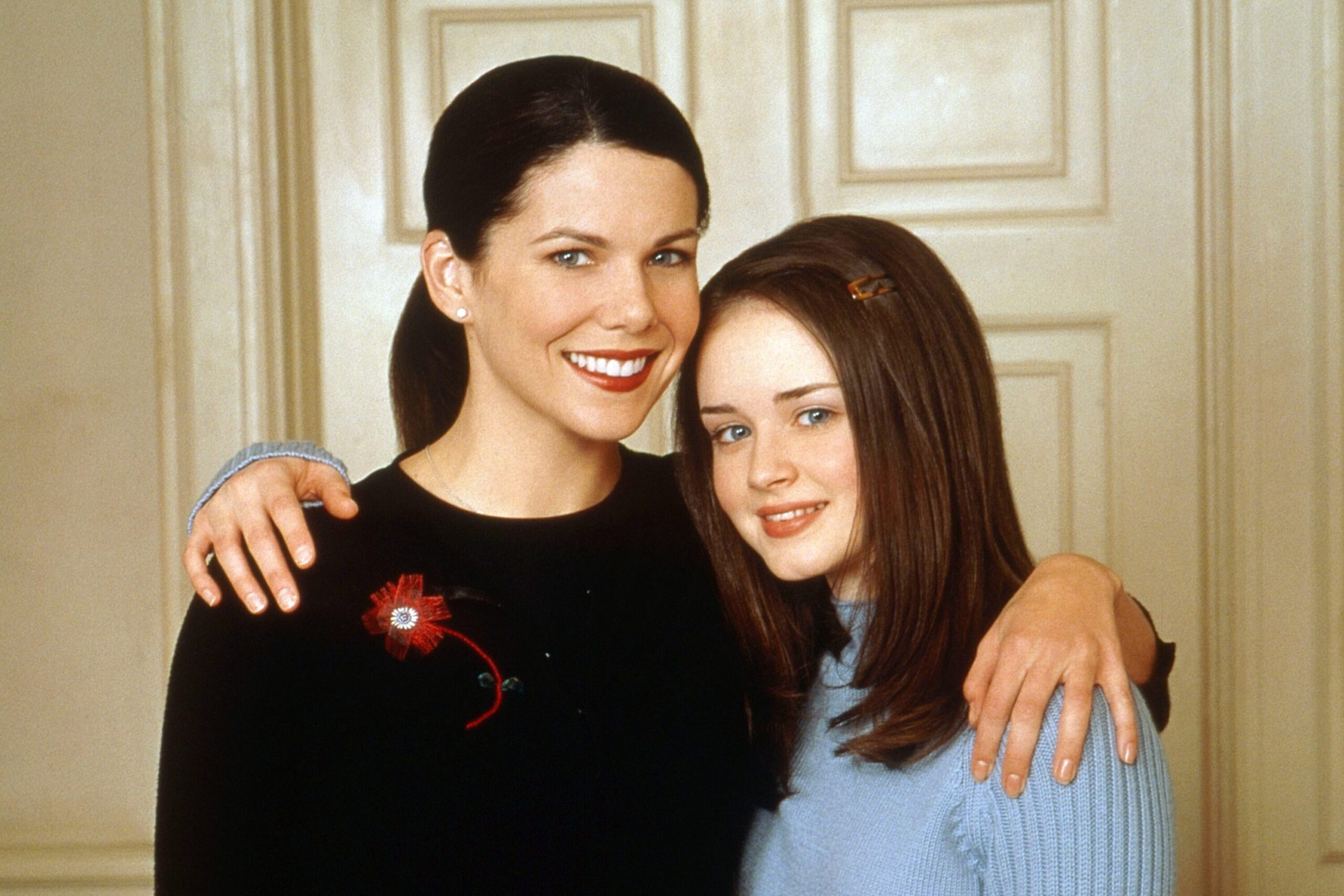
Most mother-daughter relationships on TV followed a predictable formula—strict mom, rebellious teen. Gilmore Girls flipped that with Lorelai and Rory, a duo that felt more like best friends than traditional parent and child. Lorelai’s quick-witted, pop culture-laced parenting made single motherhood look fun, but the show never ignored the struggles of raising a child alone. Their relationship had its ups and downs, but the love between them was undeniable.
The show also explored generational family dynamics through Lorelai’s complicated bond with her own mother. It showed how different parenting styles and expectations could clash yet still lead to deep, meaningful connections. It wasn’t just about single motherhood—it was about redefining what family could look like. Even years later, fans still turn to Stars Hollow for comfort and nostalgia.
7. Modern Family (2009-’20)
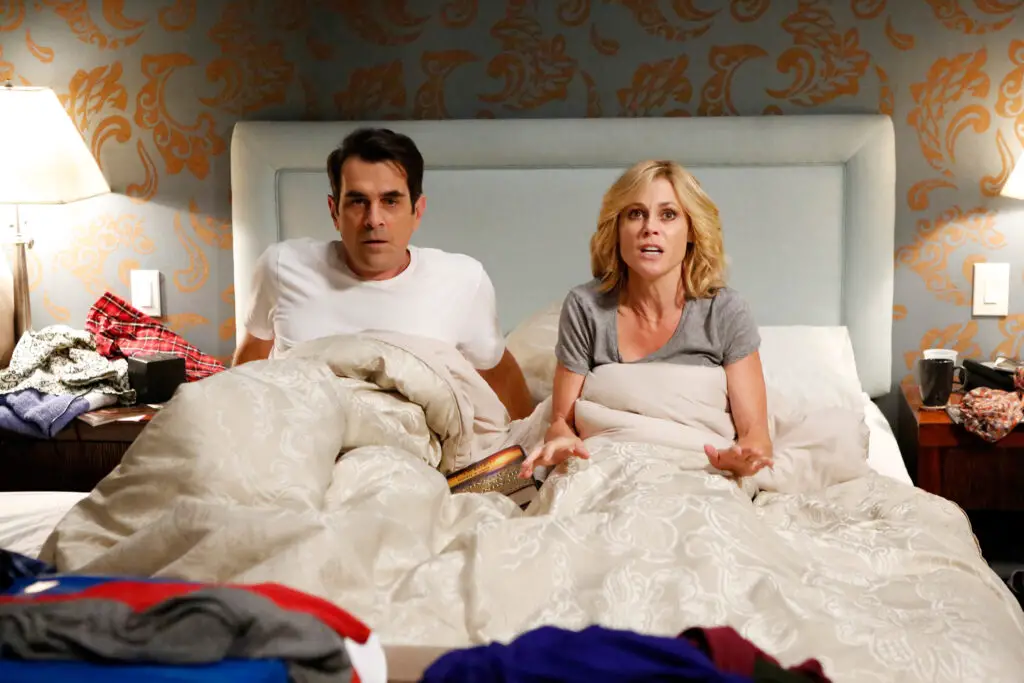
Modern Family took the traditional sitcom structure and turned it on its head. Instead of one nuclear family, it followed three interconnected ones, showcasing diversity in parenting and relationships. Whether it was Jay’s blended family, Mitch and Cam’s journey as same-sex parents, or Phil and Claire’s modern take on traditional roles, the show embraced a broad definition of family. The mockumentary style gave it a fresh, intimate feel, as if the characters were letting us into their lives.
The show’s biggest strength was its ability to balance humor with heartwarming moments. It never shied away from tough topics, tackling adoption, aging, and cultural differences with care. At its core, it showed that families come in all shapes and sizes but are held together by love. Its legacy is still felt today in how TV represents diverse families.
8. Parenthood (2010-’15)
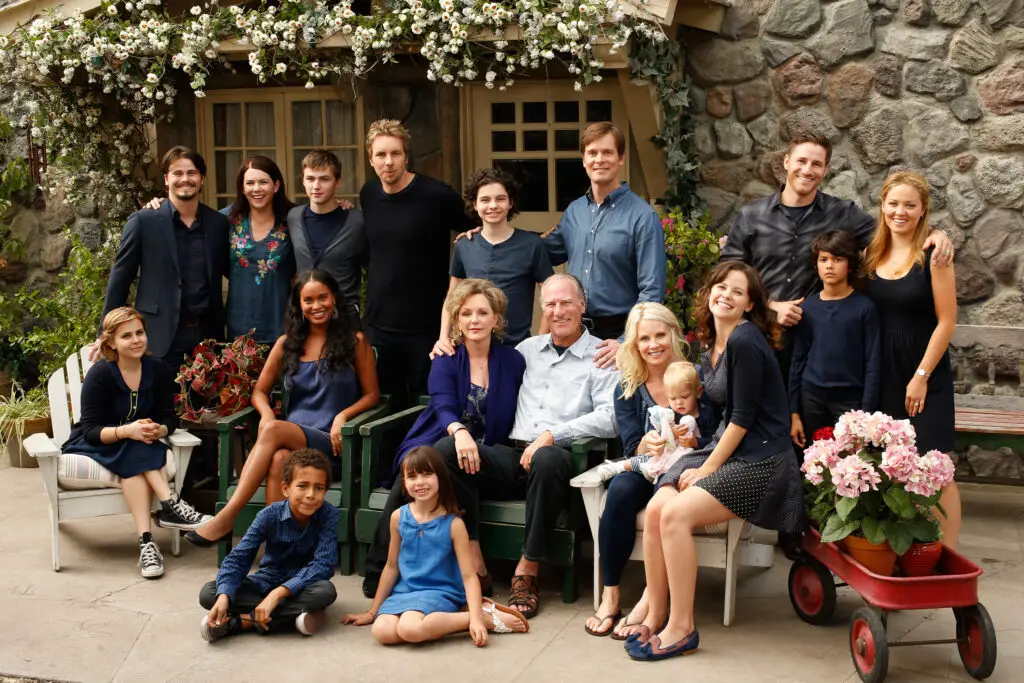
Unlike most family shows, Parenthood leaned heavily into raw, emotional storytelling. The Bravermans felt like a real family, complete with flaws, missteps, and deep love. It tackled everything from autism to financial strain to sibling rivalries in a way that felt authentic. The show had a warmth that made you feel like you were part of their family.
One of its standout qualities was its ability to make even mundane moments feel significant. A simple backyard dinner could turn into a moving scene about love and connection. By focusing on real, everyday struggles, Parenthood showed that family dramas didn’t need over-the-top storylines to be compelling. It redefined what a heartfelt, realistic family show could be.
9. Black-ish (2014-’22)
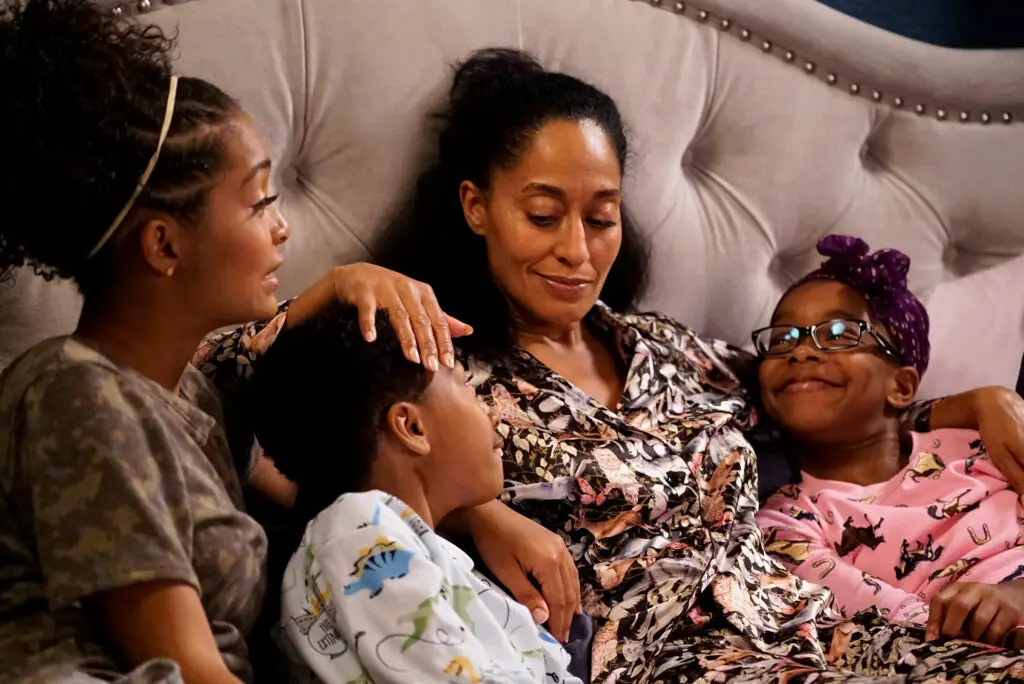
Black-ish took a bold approach to sitcom storytelling, blending humor with pointed social commentary. The Johnsons weren’t just a funny family—they were a platform for discussing race, identity, and culture in America. Dre and Bow’s parenting style was modern yet grounded, tackling issues like privilege and heritage with their kids. The show found a way to be both educational and hilarious, a tough balance to strike.
It was also refreshing to see a successful Black family portrayed without stereotypes. The show proved that tackling real-world issues didn’t mean sacrificing laughs. It sparked important conversations while keeping things entertaining, redefining what a family sitcom could accomplish.
10. Schitt’s Creek (2015-’20)
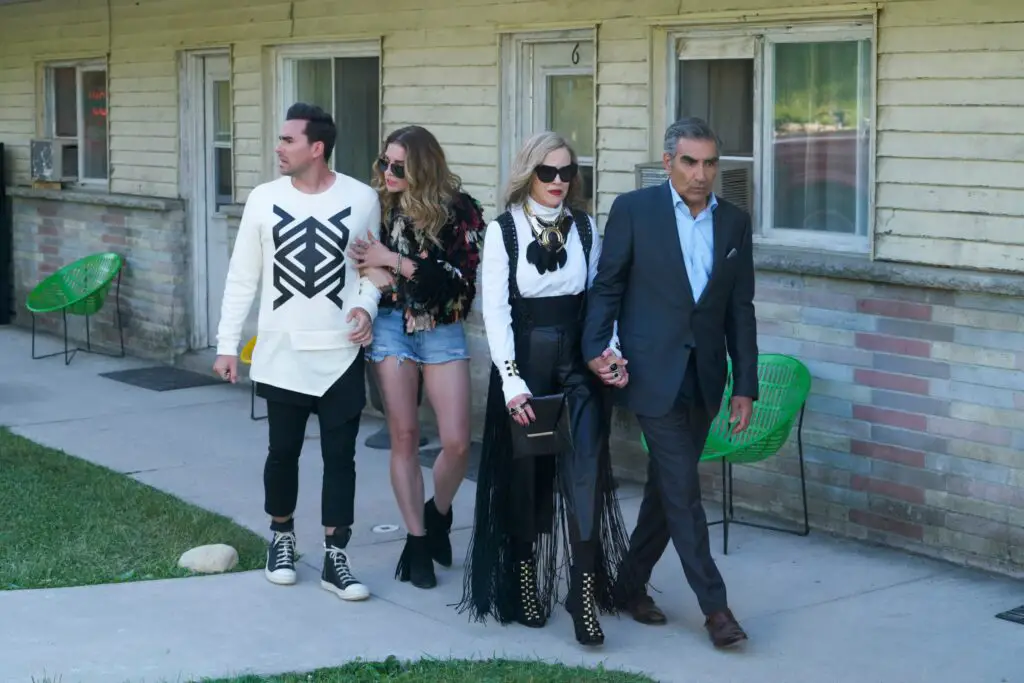
At first, the Rose family seemed anything but relatable—rich, spoiled, and completely out of touch. But as they adjusted to their new life in Schitt’s Creek, they redefined what family support looked like. Johnny and Moira might have been clueless parents at the start, but their love for David and Alexis was undeniable. Watching them grow closer, despite their circumstances, was heartwarming.
The show also broke new ground in how it depicted love and acceptance. David’s pansexuality was presented without drama or hardship, a rare and refreshing take. Instead of focusing on struggle, it focused on love and belonging. By the end, the Roses weren’t just surviving—they had built something even stronger than before.
11. This Is Us (2016-’22)
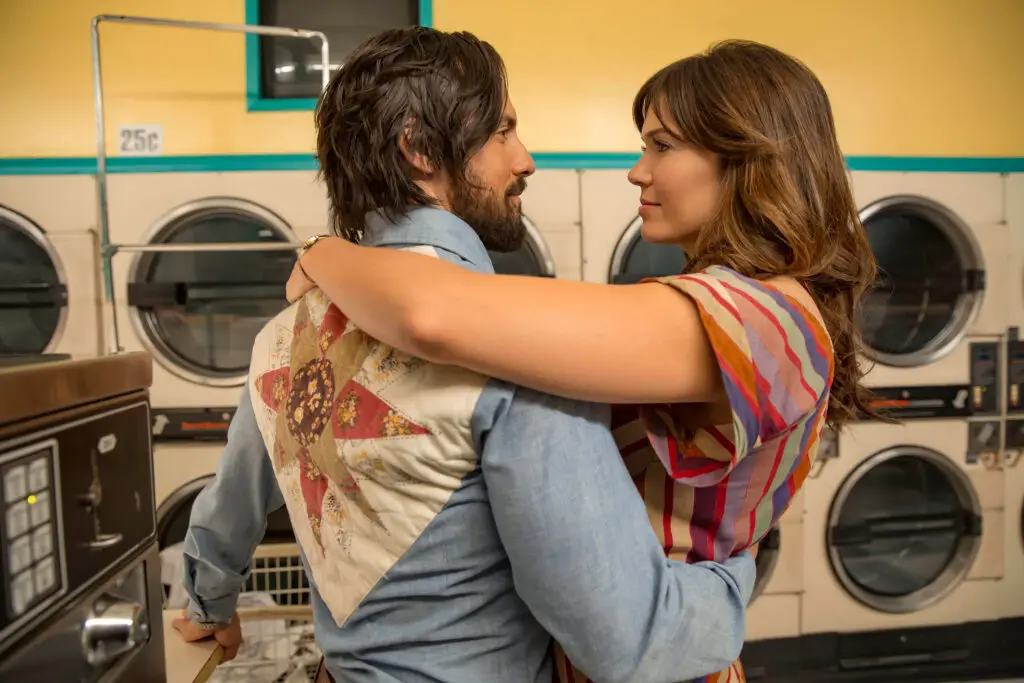
This Is Us took family storytelling to new emotional heights. The Pearson family’s complex narrative spanned decades, weaving past and present seamlessly. Jack and Rebecca’s parenting journey, along with the siblings’ own struggles, touched on grief, identity, and love in deeply personal ways. Each episode felt like a shared family moment, raw and unfiltered.
The show excelled in its honesty about life’s ups and downs. It reminded viewers that family is about more than just biology—it’s about the people who stand by you through it all. Its impact on how TV portrays family drama is still evident today.
